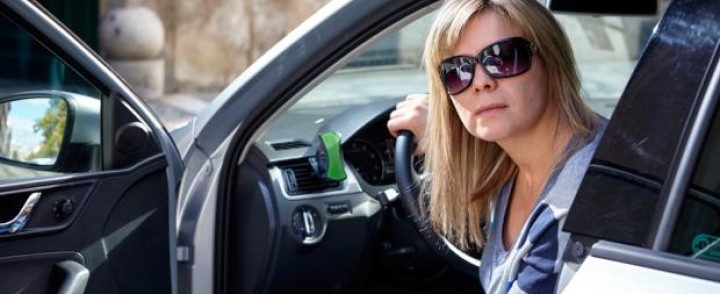Uber fined € 650.000 in The Netherlands for illegal lease of taxi licences
The Environment and Transport Inspection (ILT) in The Netherlands has fined Uber € 650,000 for violating the Dutch taxi legislation. Uber worked with drivers and taxi companies through a prohibited licence lease construction. The amount of € 650.000 is the remainder of a previously imposed fine of one million euros. Although Uber has been shown it has stopped the illegal construction, the Dutch authorities are still considering imposing a new, higher fine.
Via a special platform Uber offered drivers without a taxi licence the opportunity to engage in an illegal lease arrangement with taxi companies which had these licences. Licensed companies could register on this Uber platform.
On its website Uber informed the drivers without a licence how to work with the licence of a registered taxi company. The driver then leased the taxi licence from the registered taxi company. However, in The Netherlands it is illegal for a driver to use someone else’s taxi licence without being employed by the taxi company or to work as a properly self-employed operator. In this construction, the Uber taxi trips were obtained by making use of the Uber app. Uber took a 20 to 25 percent commission from the driver.
The Dutch inspectors have charged 23 Uber drivers and one taxi company which used this licensing construction. A criminal investigation has been started against all of them. The ILT thinks more companies and drivers are or have been guilty of this illegal form of taxi transportation. The ILT will be examining other cases in due course. The Inspection will impose a penalty on all relevant drivers and the taxi company involved. This means that in case of a repeat offense they each automatically have to pay the sum of € 10,000.
Since the start of Uber in The Netherlands, the ILT has interviewed or arrested more than 70 Uber drivers for illegal taxi activities. Tackling illegal taxis is a priority within the taxi policy of the Dutch government. The aim is to ensure the safe transportation of the customer and to avoid distortions of competition.



